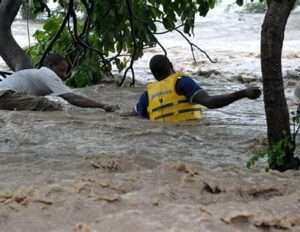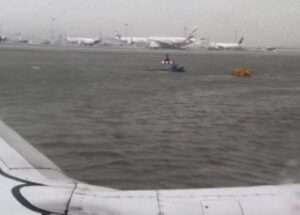Over 1,800 ‘terrorist attacks’ in West Africa in 2023: ECOWAS.
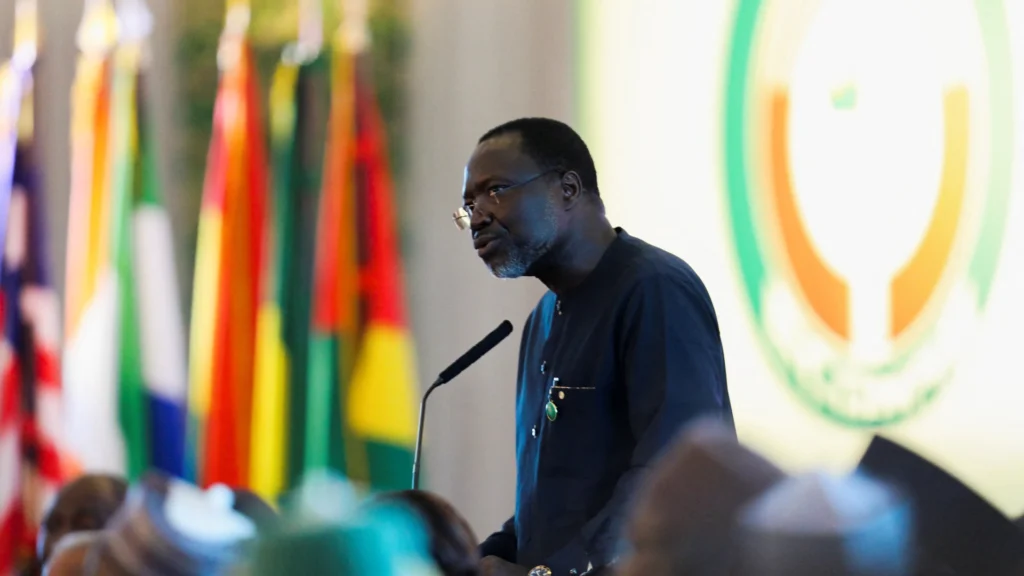
The West African bloc is set to discuss strengthening a regional standby force to tackle insecurity and threats of coups.
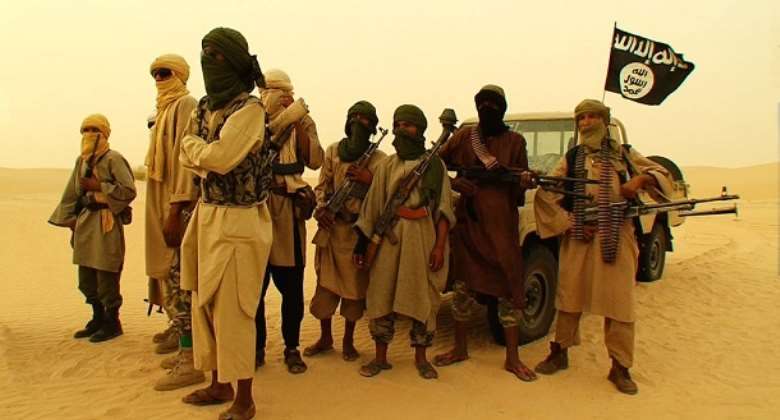
West Africa recorded more than 1,800 attacks in the first six months of the year resulting in nearly 4,600 deaths with dire humanitarian consequences, which according to a top regional official is just “a snippet of the horrendous impact of insecurity”.
Omar Touray told the United Nations Security Council on Tuesday that half a million people in the 15-nation Economic Community of West African States (ECOWAS) are refugees and nearly 6.2 million are internally displaced.
Without adequate international response to the 30 million people in need of food in the region, that number could increase to 42 million by the end of August, he added.
Touray, who is president of the ECOWAS Commission, blamed organised crime, armed rebellion, unconstitutional changes of government, illegal maritime activities, environmental crises, and fake news for driving insecurity in the region.

He said the region is worried about the resurgence of the military, with three countries – Mali, Burkina Faso and Guinea – under military rule.
“The reversal of democratic gains runs parallel to insecurity that West Africa and the Sahel have been facing for some time now,” said Touray, a former Gambian foreign minister.
Between January and June 30, there were 2,725 attacks in Burkina Faso, 844 in Mali, 77 in Niger and 70 attacks in Nigeria that all led to 4,593 deaths, according to Touray.
He added that attacks in Benin and Togo which have coastlines on the Atlantic Ocean are a “stark indication of the expansion of terrorism to littoral states, a situation that poses an additional threat to the region”.
ECOWAS military chiefs of staff have held consultations to strengthen a regional standby force “in a manner that will enable it to support member states in the fight against terrorism and against threats to constitutional order”, he said.
Touray said the military chiefs proposed two options, establishing a 5,000-strong brigade at an annual cost of $2.3bn or deployment of troops on demand at an annual cost of $360m.
He reiterated the African Union’s request for African peace operations to receive funding from the UN regular budget, to which all 193 UN member states contribute.
Touray said the military staff recommendations were made before Mali’s military government demanded that the 15,000-strong UN peacekeeping force in the country leave, which was followed by the Security Council’s unanimous vote on June 30 to immediately end the mission. Mali has brought in mercenaries from Russia’s Wagner Group to help fight armed groups.
Touray told the UNSC that ECOWAS leaders are convening an extraordinary session on peace and security by the end of August which will be chaired by Bola Tinubu, Nigeria’s new president who became the bloc’s chair this July.
The UNSC was also briefed by the new head of the UN Office for West Africa and the Sahel (UNOWAS), Leonardo Santos Simao, who said the security situation in the central Sahel, especially the border region of Burkina Faso, Mali and Niger, “has deteriorated further, with multiple attacks against civilians and defence and security forces”.
Simao appealed for “robust and decisive support” for the ECOWAS action plan to stem insecurity in the Sahel.
United States deputy ambassador Robert Wood told the council the US “remains gravely concerned by democratic backsliding across the region” and is “deeply concerned by the spread of instability in coastal West Africa”.
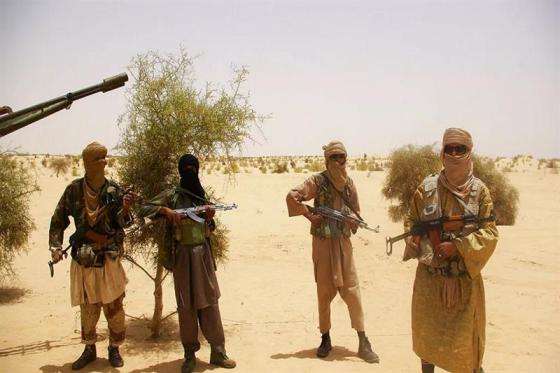
He accused the Wagner Group of “committing human rights abuses and endangering the safety and security of civilians, peacekeepers and UN.. personnel”.
SOURCE: NEWS AGENCIES
Richard Koomson| mediacentralonline.info |Ghana
kindly send us your stories on our WhatsApp line 0500004727



